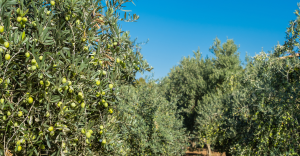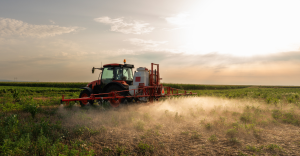The advancement of clean technologies is opening new possibilities for Brazilian agribusiness. Among them, e-methanol — also known as synthetic or green methanol — is gaining traction as a renewable energy solution capable of utilizing agricultural waste and contributing to more efficient and environmentally responsible production.
Recently, initiatives such as the partnership between Petrobras and European Energy, a Danish leader in renewable energy, to develop e-methanol projects in Brazil have reinforced the growing interest in this type of fuel. These developments suggest that Brazil could become a significant hub for e-methanol production.
How is E-Methanol Produced?
Unlike traditional methanol, which is derived from fossil fuels, e-methanol is produced through processes that combine green hydrogen (generated by electrolysis using renewable energy) and CO₂ captured from the atmosphere or industrial activities.
In rural contexts, this fuel can be produced from biomass and organic waste, such as crop residues, manure, and other by-products of agricultural activity. These materials undergo processes like gasification or anaerobic digestion, generating a synthesis gas that is converted into methanol. The entire chain can be powered by renewable energy sources such as solar or wind, making the process even more sustainable.
Practical Applications in Agriculture
- Energy Autonomy on Farms
E-methanol can be used to generate electricity and heat directly on farms through fuel cells or adapted generators. This reduces dependence on the conventional power grid and provides greater energy autonomy for producers. - Fuel for Agricultural Machinery
Tractors, harvesters, and other vehicles can be adapted to run on e-methanol, reducing diesel consumption and contributing to lower greenhouse gas emissions. This transition can also lead to long-term cost savings, especially if the fuel is produced locally. - Raw Material for Agricultural Inputs
In addition to being an energy source, e-methanol can be used in the production of fertilizers, biodegradable plastics, and even biodiesel. This paves the way for a more circular production chain, where rural producers can generate inputs directly on their farms.
Sustainability and Competitiveness
Adopting e-methanol is more than an environmental choice—it is a business strategy. With increasing pressure for sustainable agricultural practices and the pursuit of greater efficiency, this renewable fuel can become a competitive advantage for Brazilian producers.
As technology advances and production costs decrease, e-methanol is likely to establish itself as a key component in the energy transition of agriculture.





